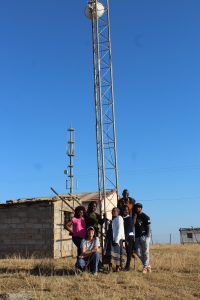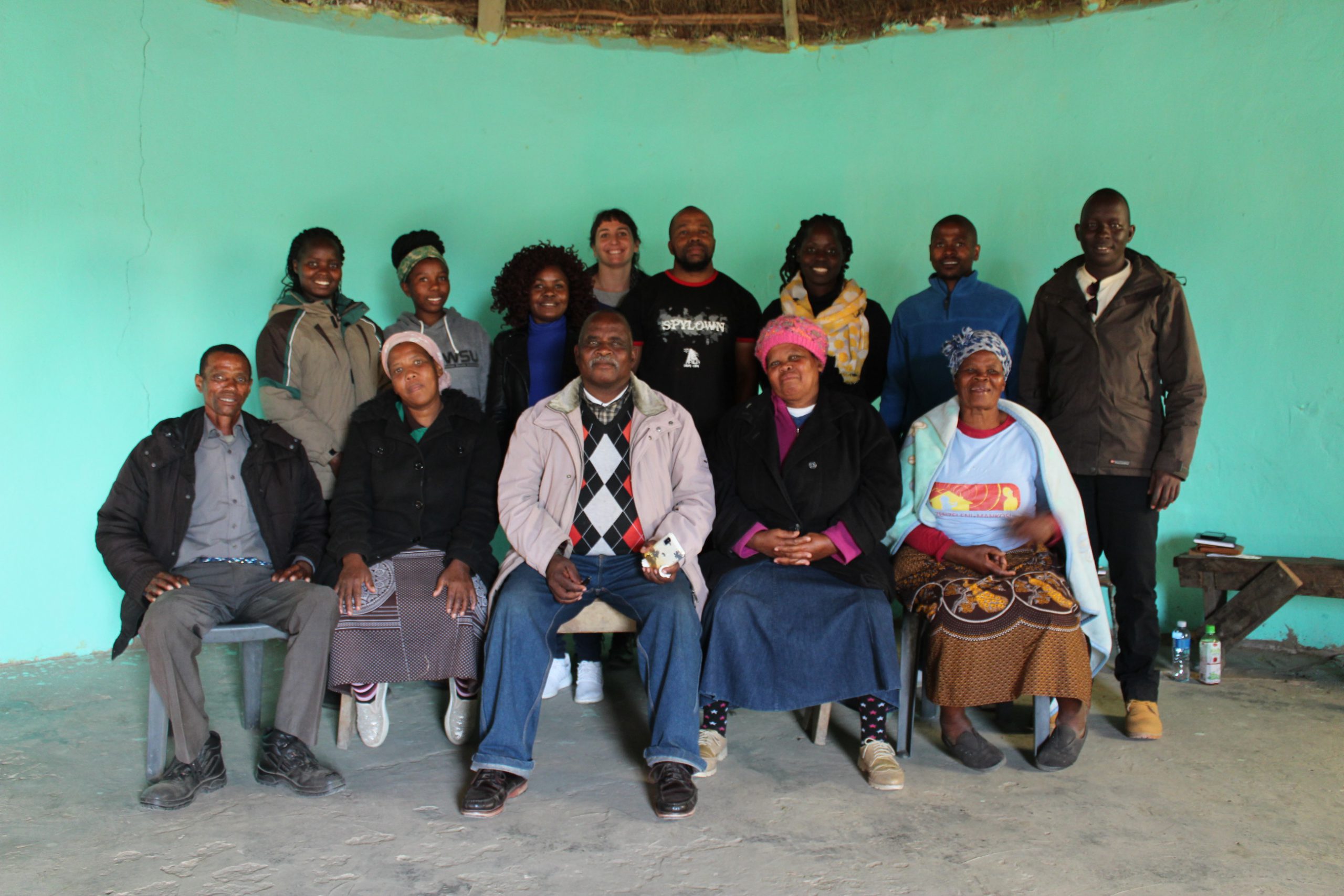As the community networks movement grows in Africa, communities continue to learn valuable lessons and gain in-depth knowledge of how we can drive digital inclusion in rural and urban underserved areas. In Africa, we are yet to see the continuous and consistent exchange best practices among community networks. By engaging in peer exchanges, the peer community networks can use this platform to transfer knowledge, experiences, innovations, and skills from one community network to another. When solutions to challenges come from another community network with similar experiences, people are prepared to listen and test them out. There is also the confidence that comes from knowing there is a community of people who are ready to offer help when one is stuck. Running a community network is quite challenging and there is always the feeling of isolation. Not only will these peer exchanges provide a platform for cross border collaborations and partnerships, but it also helps build a support system for community networks to build solidarity and offer mutual support.
In 2019, four community networks in Africa joined the Association of Progressive Communication’s Local Access Networks project. One of the objectives of the project is to strengthen peer learning among community networks at national, regional and global levels. Peer learning exchanges are a great tool in which community networks can learn and teach one another. It creates a platform for them to share unique strategies to solve the challenges that they face in a practical way that they can take back to their communities and adapt in their contexts. In August 2019, peer members from BOSCO community network in Uganda and UmozaNet CN in Malawi joined by the project’s Africa regional coordinator from KICTANET were hosted in Mankosi Eastern Cape South Africa by fellow peers from Zenzeleni Community Networks. Started in 2012, the community network has grown to become a wireless internet service provider in rural South Africa. The visiting peers were interested in getting to know the Zenzeleni journey, their governance model, services offered by the network and how the network is operated and sustained.
The visit started with the peer members meeting the Zenzeleni Mankosi cooperative members who shared with them the evolution of the network from a local intranet network with analog phones offering solar charging services to the community to now a wireless internet service provider. This was not an overnight growth but slowly a journey of resilience and hope even when times were tough. One of the things that stuck out for the visiting peers was that the cooperative founders were elderly members of the community a majority of whom spoke Xhosa. So what made them believe in something like the internet which they had never heard of or used? They believed that access to the internet will help increase access to opportunities for their children who live in rural South Africa.

LOCNET Africa Peer CNs in Zenzeleni South Africa – Photo credits – Zenzeleni Community Network
The next 3 days were spent with the peers learning about the network operations, services offered, voucher system, visiting the network’s nodes and participated in an installation at one of the homes. Some of the lessons learned by the peer members from the visit were:
- Community involvement and ownership is fundamental. This takes time, but it helps develop the CN at the pace of the community.
- Use the network to increase the value of local skills and practices, for example by showcasing local crafts for which the network can increase the audience or customer base.
- For community networks to be sustainable, decision making needs to be collective.
- Local content or language about network operations and network use is fundamental for the community to participate actively in the CN.
- Community networks require income-generating activities to be sustainable.
- There is a need for technical skills exchange to support the improvement or Community network in building better systems that can support their operations and replicate best practice technologies among the community networks for improved operations.
Josephine Miliza is a network engineer passionate about enabling communities in Africa to leverage digital technologies for socio-economic empowerment. She is currently the Africa regional coordinator for the APC-LOCNET project working under KICTANET. Twitter – @jossie.miliza




